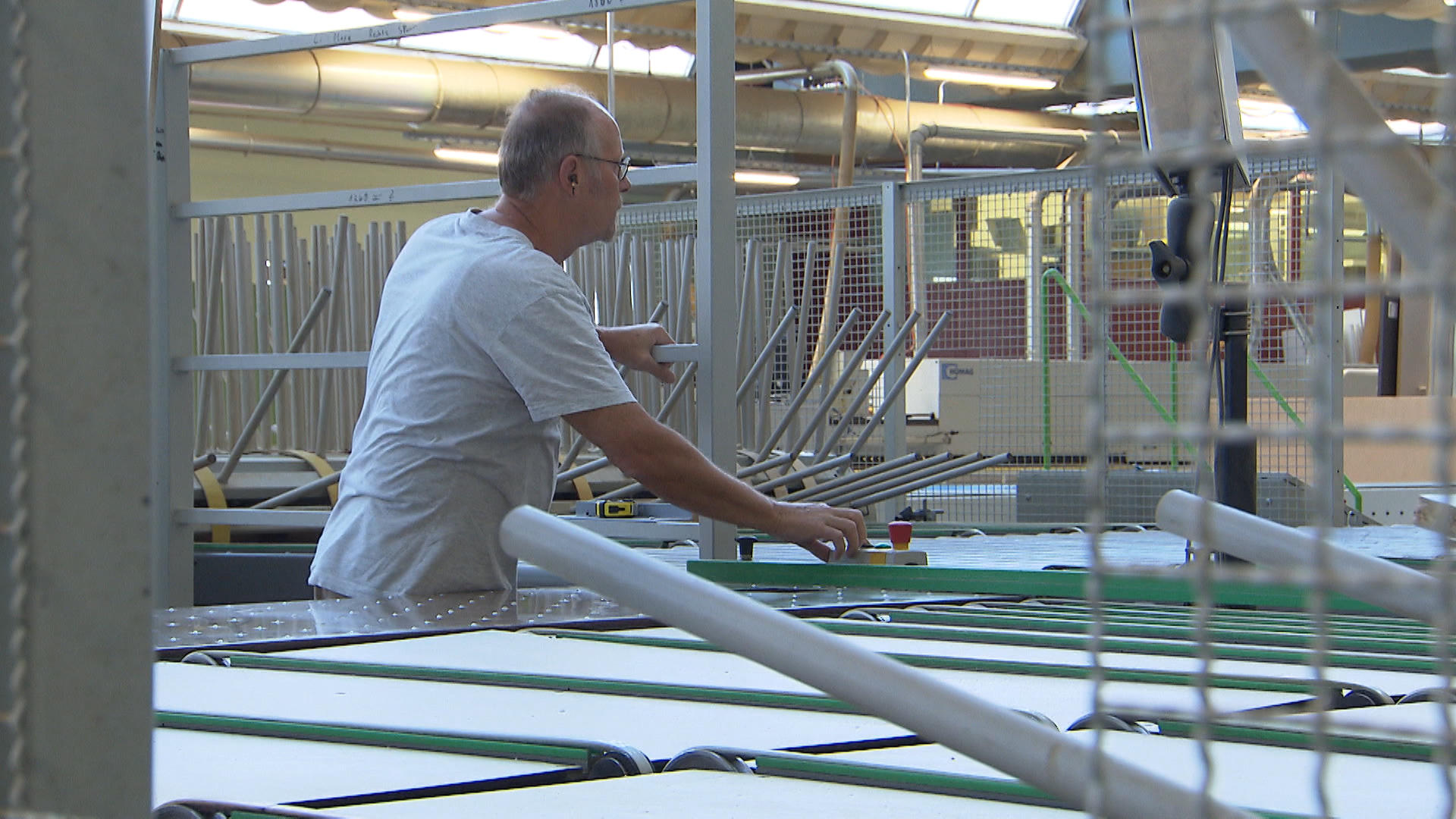
Digitization ‘to cost one million Swiss jobs’

The growing trend of digitization in the economy will render a million Swiss jobs redundant in the next 12 years, according to a new study. Some 800,000 jobs will be clawed back by new IT openings, but much of the workforce will need to be re-trained, warns consultancy firm McKinsey.
Automation will mainly take the place of manual labour, office and retail workers, says the NZZ am Sonntag newspaper, which has seen an advance copy of the McKinsey report. But jobs involving IT, high levels of creativity or organisational and management skills will increase.
The topic of work in the era of the ‘fourth industrial revolution’ is hardly new. Two years ago, the World Economic Forum (WEF) issued a report warning that five million jobs would be replaced by robots worldwide by 2021. The McKinsey study takes a deep dive into the likely consequences in Switzerland.
“Some 20% to 25% of all vocational activity will be automized by the year 2030,” the report states.
Marco Ziegler, a partner at McKinsey, told the newspaper that Switzerland will have to embark on a programme of re-skilling existing workers to meet the new demands of employers. “It’s a herculean task, but it is doable,” he said.
Ziegler also warned that Switzerland will have to look abroad to fill many highly-skilled positions in future. Demand for IT workers will increase from 3,000 per year to 10,000, he prophesied. “To fill this talent hole, Switzerland will have to fill positions with highly qualified migrants,” he said.

More
Automation doesn’t always mean job cuts

In compliance with the JTI standards
More: SWI swissinfo.ch certified by the Journalism Trust Initiative






























You can find an overview of ongoing debates with our journalists here . Please join us!
If you want to start a conversation about a topic raised in this article or want to report factual errors, email us at english@swissinfo.ch.